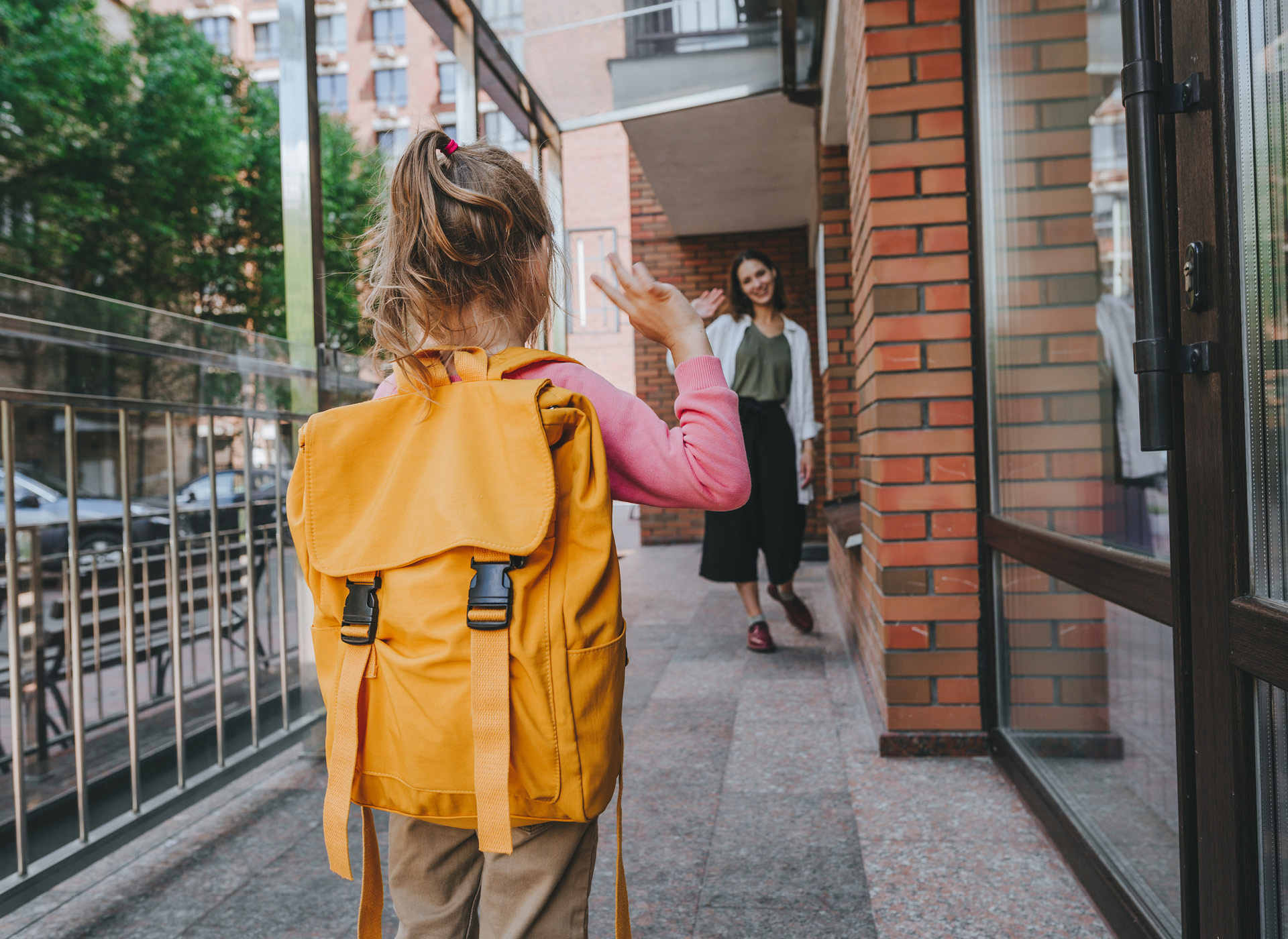Straying Away from "Stranger Danger"
It was just over a month ago that 9-year-old Charlotte Sena was abducted from a New York state park. The frightening incident quickly made national headlines – a little girl, riding her bike in what should have been a safe area – disappears into thin air.
Luckily, Charlotte was found safe. But incidents like this are incredibly scary to families and entire communities. Although rare, the fear of abduction is one that may cross a parent’s mind when it comes to how to protect their child.
Some parents go with the classic teaching of “stranger danger” to protect their children—but actually, more often than not, most child abductions involve a relative or someone the child knows, like a neighbor or online acquaintance. In fact, only one percent of missing child cases reported to NCMEC are the classic nonfamily abduction, or stereotypical kidnapping, that many parents fear.
Because of this, teaching children about strangers is not enough. November is National Child Safety and Protection Month. Here at the National Center for Missing & Exploited Children, child safety is our top priority.
So this month, we encourage you to have a conversation with your child about safety. Instead of warning your child about “stranger danger,” KidSmartz, NCMEC’s safety program for kids in grades K-5, suggests using the following language.
Instead of saying: “Never talk to strangers,” try:
“You should not approach just anyone. If you need help, look for a uniformed police officer, store clerk with a nametag or a parent with children.”
In lieu of warning your child to stay away from people they don’t know, consider using this language when having safety conversations:
“It’s important for you to get my permission before going anywhere with anyone.”
And instead of warning your child about “bad guys” or using wording like “you can tell someone is bad just by looking at them,” consider telling your child to pay attention to someone’s actions by using the following language:
“Let me know right away if anyone asks you to keep a secret, makes you feel uncomfortable or tries to get you to go somewhere with them."
In addition to having these important conversations with your child both early and often, NCMEC suggests using role-playing scenarios to help your children practice their abduction prevention skills. The more children practice, the better prepared they will be to respond to an emergency.
As a parent, it’s also important that you prepare before having these conversations with your child. Consider making yourself aware of the circumstances around many attempted abductions and educating yourself in the best way to have these conversations with your child. Remember, it’s never too early to begin having safety conversations.
Should something unthinkable happen and your child does go missing, it’s important to know the next steps. Read our blog My Child is Missing: What Now? or visit our website and make note of what to do so you’re better prepared.
For more information on preventing child abduction and tips on how to talk with your child, check out NCMEC’s KidSmartz program here.
